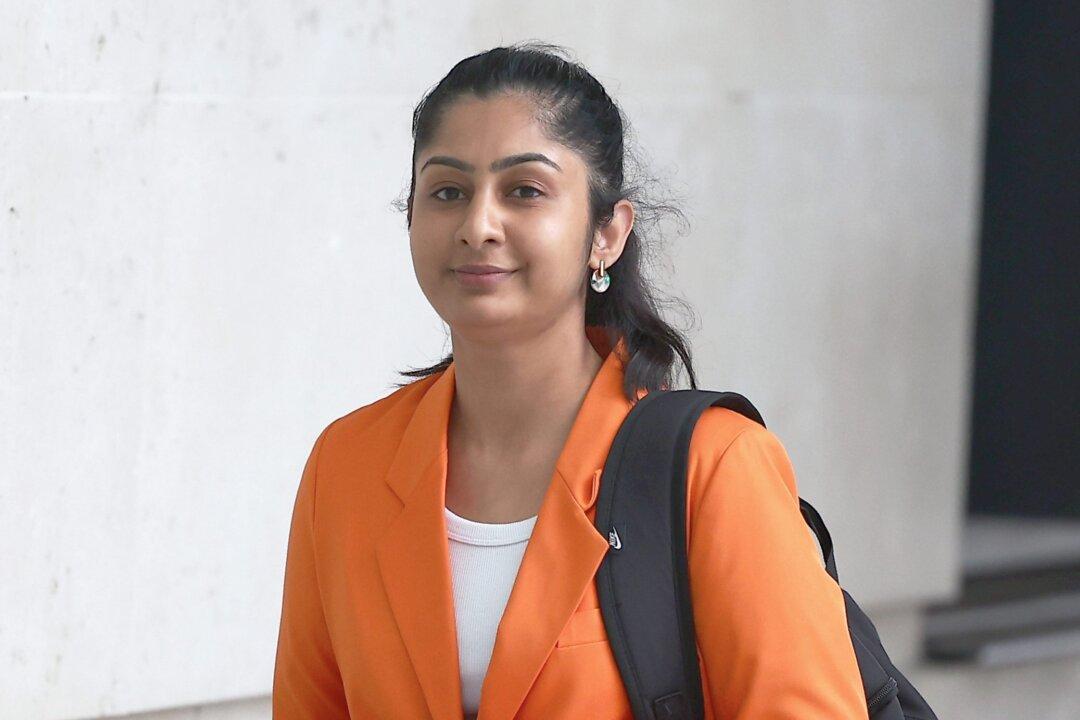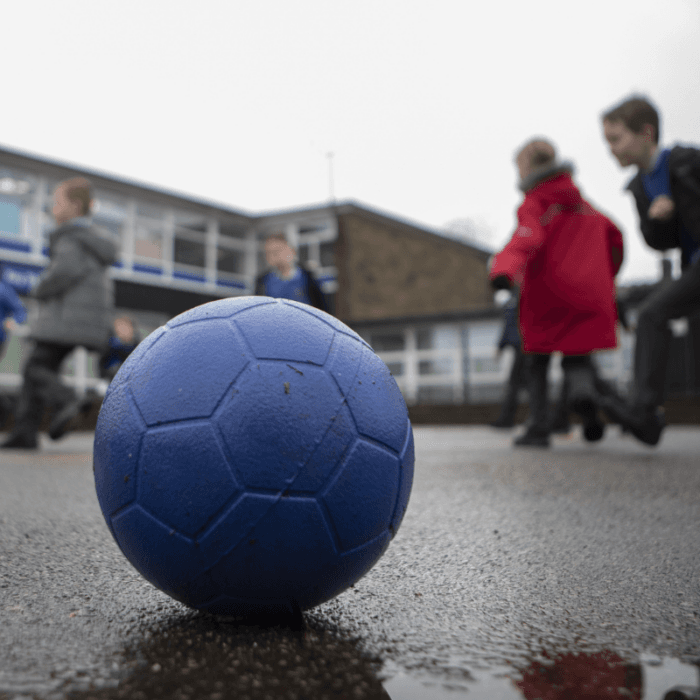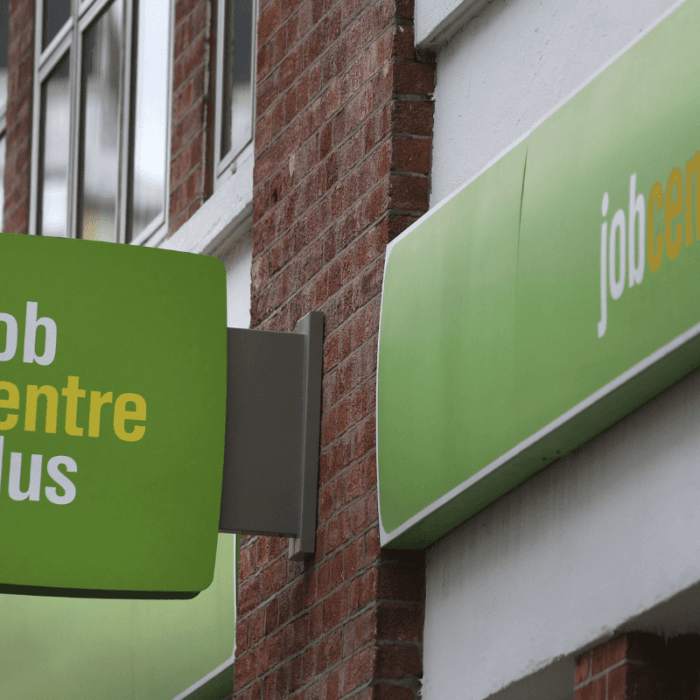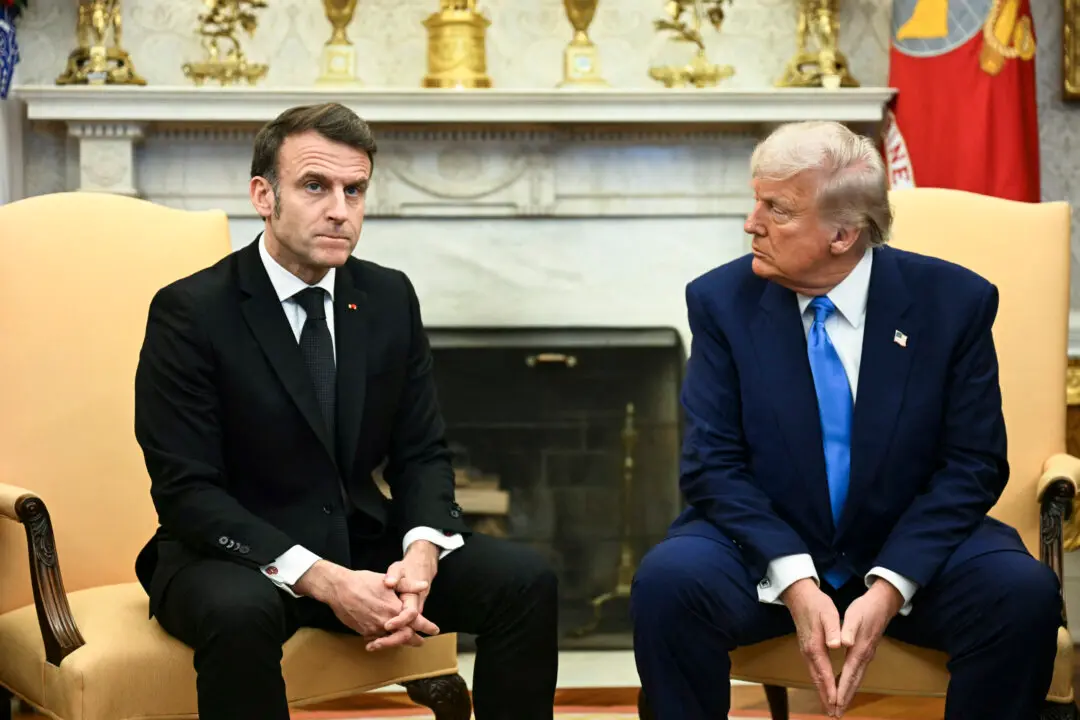Prime Minister Sir Keir Starmer has suspended seven Labour MPs after they rebelled against the government by backing a motion to abolish the two-child benefit cap.
Ex-shadow chancellor John McDonnell, ex-Business Secretary Rebecca Long-Bailey, Apsana Begum, Richard Burgon, Ian Byrne, Imran Hussain, and Zarah Sultana had their whip suspended for six months.
In the first Commons rebellion for Labour, the government on Tuesday defeated an SNP-led amendment to scrap the welfare benefit by 363 votes to 103.
Mr. McDonnell had said before the vote that he doesn’t “like voting for other parties’ amendments” but he “put country before party.”
Child Poverty
The SNP Westminster leader Stephen Flynn, the former Labour leader Jeremy Corbyn, and other policymakers behind the motion called on the government to recognise the impact of the welfare cap.They said that it affects 1.6 million children in the country, pushing them into poverty. The amendment also said that if maintained, the policy will result in 670,000 additional children suffering poverty by the end of this Parliament.
The limit does not apply to Child Benefit, which is not means tested, and parents can claim for Universal Credit and Child Benefit at the same time.
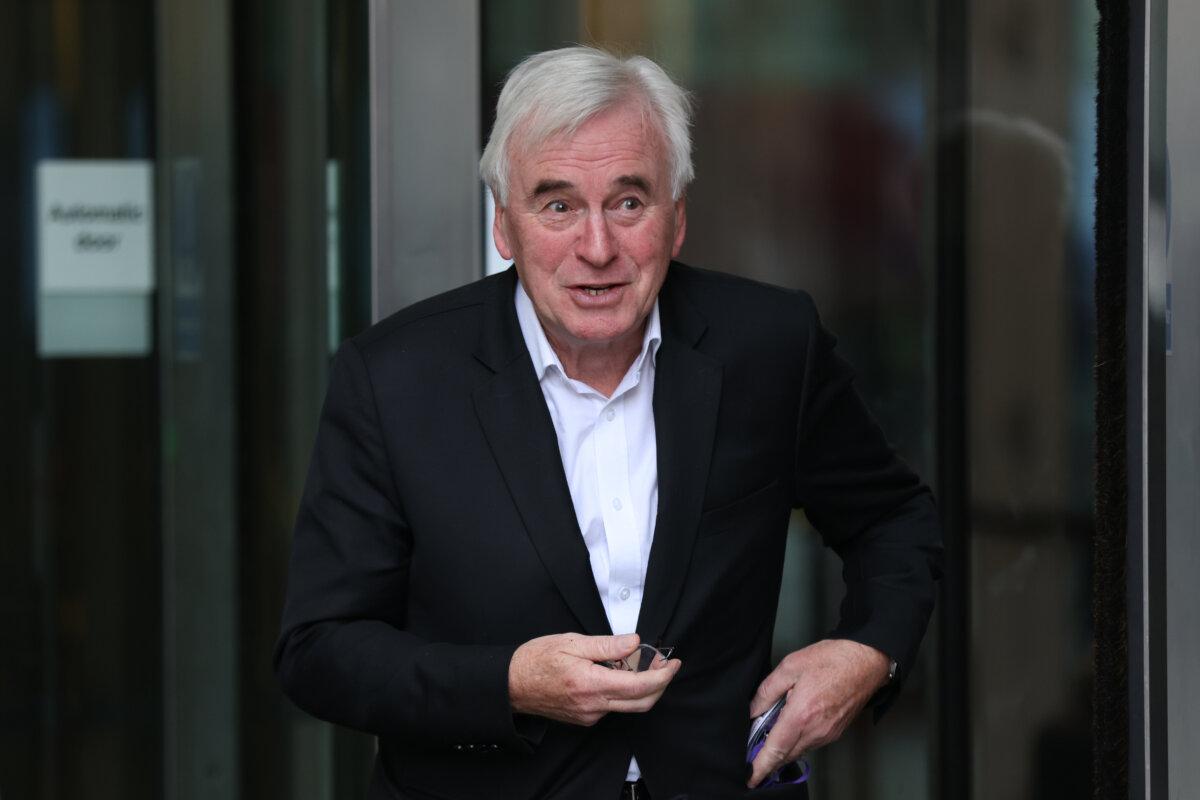
Speaking at the Farnborough Air Show on Monday, Sir Keir said that there is “no silver bullet” to end child poverty. However, he acknowledged the “passion” of backbenchers who opposed the benefit cap.
“It must be must be a priority for our first budget,” Ms. Johnson said.
Ambitious Strategy
Campaigners have been pressing on the government to kick off the fight against child poverty by removing the benefit cap imposed by the Conservative government.Last week, the government announced that a new Child Poverty Unit in the Cabinet Office will work on an “ambitious strategy” to improve “children’s experiences and chances at life.”
Secretaries of state from across government will take part in this work, with the first meeting scheduled to take place in the coming weeks. Meanwhile, the government said it will explore how it can use levers across employment, housing, children’s health, childcare, and education to develop its strategy.
“We will turn the tide on rising poverty levels, so that every child no matter where they come from has the best start in life,” said Work and Pensions Secretary Liz Kendall.
Since 2010, child poverty has risen by 700,000 children, with over 4 million children now growing up in a low-income family.
